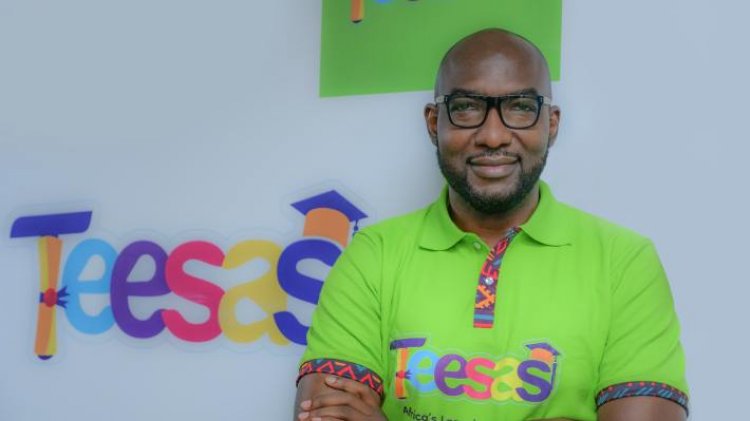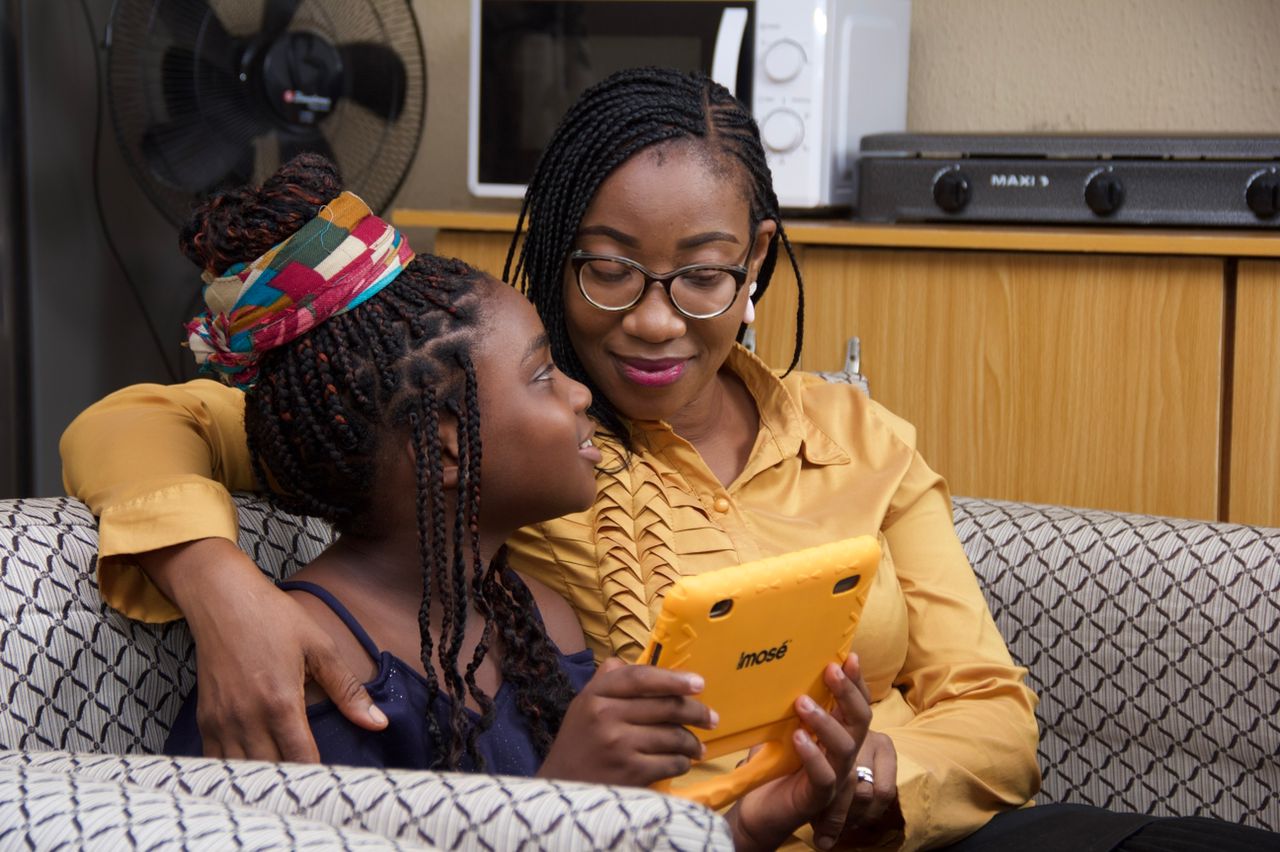Nigerian edtech startup Teesas secures $1.6 million in pre-seed round, to launch tutor marketplace, expand in East, Southern, Francophone Africa in 2022
After seven years in the production of electronic gadgets, under his company Imose Technologies, Osayi Izedonmwen took leave to explore an idea that he had toyed with for some time — an edtech startup, Teesas, which now offers video classes and other digital educational material for learners in Nigeria. Teesas, which was launched less than […]

After seven years in the production of electronic gadgets, under his company Imose Technologies, Osayi Izedonmwen took leave to explore an idea that he had toyed with for some time — an edtech startup, Teesas, which now offers video classes and other digital educational material for learners in Nigeria.
Teesas, which was launched less than two months ago, has had a rapid takeoff, leading to a successful $1.6 million pre-seed funding round. Izedonmwen plans to use the investment to expand into new markets, launch a marketplace that will link learners with tutors for private lessons, and expand the range of products in its portfolio.
“We started beta testing around August this year, and fully launched the android version in November. Already Teesas has over 150,000 downloads at the Google Play store, where we are now growing by at least 20% every week,” Izedonmwen told TechCrunch.
Teesas’ content is aligned with Nigeria’s national curriculum, and is delivered to learners in both live and recorded formats, through a subscription program that starts at $6 a month. In addition to regular school work, the startup also offers local language classes.
“Live classes deal with concepts where learners have challenges. The learners sit with teachers in small remote classes of 10 or 15 for a personalized engagement, and to get more rigor into the teaching process,” said Izedonmwen.
In the near future, Teesas will offer full-curriculum modules for learners aged up to 12 years.
“We foresee a future where kids don’t have to attend in-person classes because they can cover entire curriculums on an app, and be ready enough for their secondary school entrance exams,” he said.
Teesas is also set to introduce life-skill classes in the first half of next year to prepare learners for self-discovery. This is in addition to anti-bullying lessons, inspired by the reports of increasing spate of bullying in Nigeria, with some incidents leading to death.

Part of Teesas next plan is to launch a tutor marketplace and to enter new markets in Francophone, East and Southern Africa. Image Credits: Teesas
Product development
Work on Teesas began in March last year, with the platform’s design and development borrowing heavily from its edtech peers in India, which were used as benchmarks for content structure and lesson delivery.
“I was looking at India because they are really advanced, and have some big companies like Byju leading the edtech revolution. I actually went out there to spend some time to really understand the model, and also looked at opportunities to improve on what they were doing…then we applied indigenous adaptation,” he said.
The adaptation he refers to, includes the use of local art, food, animals, cultural practices and languages to complement the learning process.
While Izedonmwen is now fully engaged with Teesas, where he is the CEO, he also continues to serve as the chairman of Imose Technologies, the Lagos-based tech company he founded to manufacture and assemble electronic devices including mobile phones, tablets, internet routers and laptops.
“Teesas is going to have the biggest impact on the future of education in Africa. And I really want to be certain that I’m putting my best effort in leading that transformation – that’s why I’m focusing on it fully,” he said while confirming that part of their next plan will be to enter new markets in Francophone, East and Southern Africa.
Before he founded Imose, Izedonmwen, a trained engineer, worked at the oil and gas company ExxonMobil for 15 years, rising through the ranks to become the company’s operations manager in Nigeria.
Teesas now joins a growing list of edtech startups in Africa that have in recent times received funding from investors making a bet on the fledgling edtech industry in Africa – which has recently seen an upsurge driven by the tailwinds of the covid pandemic.
Among the new players in the space are Kenya’s Kidato and Craydel, and Nigeria’s Edukoya and ULesson.
Teesas round was led by Haresh Aswani of the Tolaram Group, with the participation of Olivegreen Advisory Partners, an Africa-focused venture studio, and other angel investors.
“We believe in the mission Izedonmwen and the Teesas team has set forth on, and we are confident that they are best suited to crack the challenge of using technology to enhance access to quality education across Africa,” said Tolaram’s Managing Director, Haresh Aswani.







